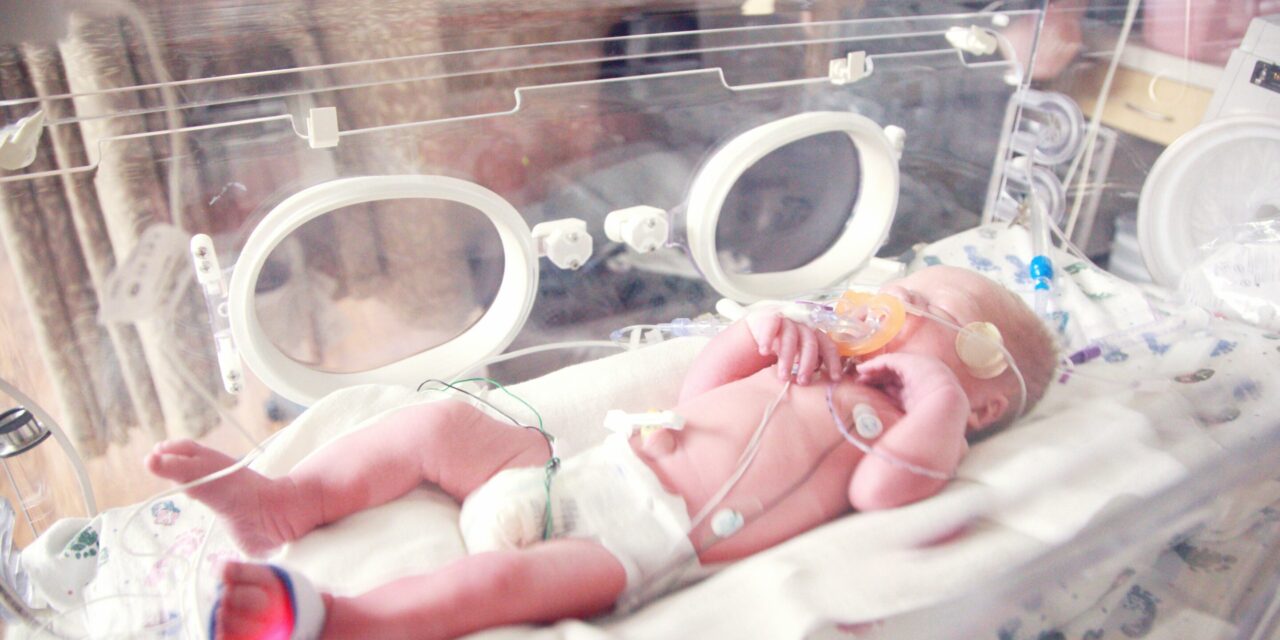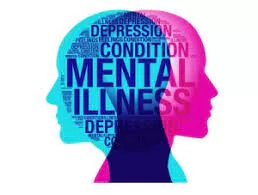A recent study published in JAMA Network Open has revealed a concerning 10.6% increase in preterm births in California over the past decade, highlighting significant racial and socioeconomic disparities. The research, which analyzed over 5.4 million singleton births between 2011 and 2022, points to a complex interplay of risk factors contributing to this trend.
The study examined births covered by both public insurance (MediCal) and nonpublic insurance (private, military, and Indian Health Service). Notably, it found that Black mothers with public insurance experienced the highest preterm birth rate at 11.3%, while white mothers with nonpublic insurance had the lowest rate at 5.8%. This stark contrast underscores the persistent impact of racial and socioeconomic factors on pregnancy outcomes.
Researchers identified several key risk factors associated with the increase in preterm births. These include:
- Diabetes: Rates of preexisting diabetes more than doubled during the study period.
- Sexually Transmitted Infections (STIs): STI rates also more than doubled.
- Mental Health Conditions: The prevalence of mental health conditions among expectant mothers significantly increased.
- High Blood Pressure: This remains a significant risk factor.
- Previous Preterm Birth: A history of preterm birth increases the risk in subsequent pregnancies.
- Inadequate Prenatal Care: Fewer than three prenatal care visits were associated with higher preterm birth rates.
- Housing Insecurity: Lack of stable housing also contributes to increased risk.
The study suggests that the higher rates of preterm birth among Black, Native American, and Hawaiian and Pacific Islander mothers are likely linked to the historical and ongoing effects of structural racism. Researchers emphasize the need for enhanced pregnancy care and targeted interventions to address these disparities.
Recommendations include:
- Increased access to and quality of prenatal care.
- Screening and treatment for STIs.
- Supportive mental health care.
- Information sharing about risk factors and interventions, such as low-dose aspirin.
In an effort to address these issues, a digital platform called Hello Egg is being developed to help expectant mothers understand their individual risks, identify appropriate interventions, and create personalized healthy pregnancy plans.
Disclaimer: This article presents data from a specific study conducted in California. It is important to note that these statistics may not be representative of the entire United States. Furthermore, the complexities surrounding racial and socioeconomic disparities in healthcare are multifaceted and require ongoing research and systemic changes to address effectively.












